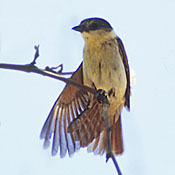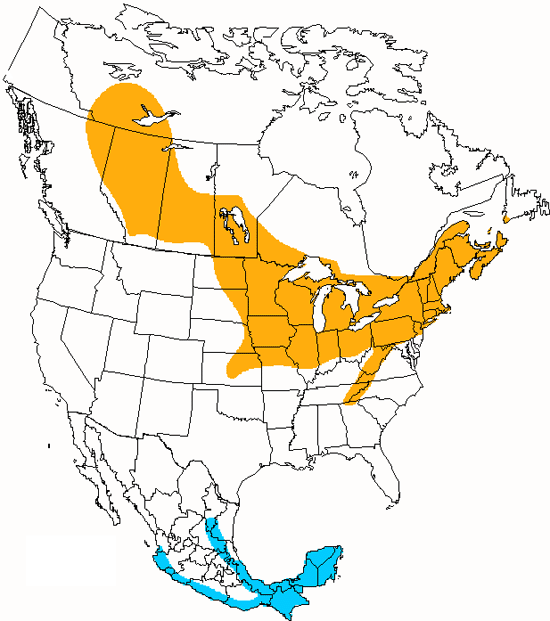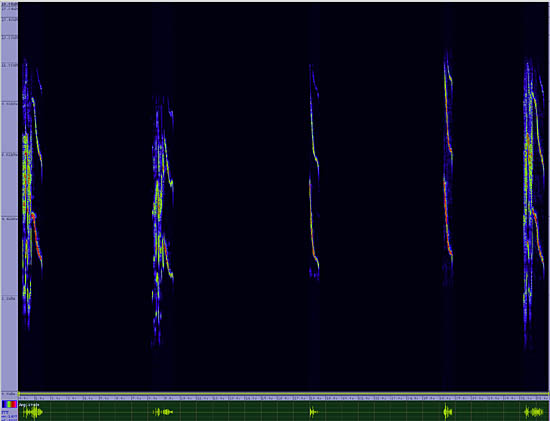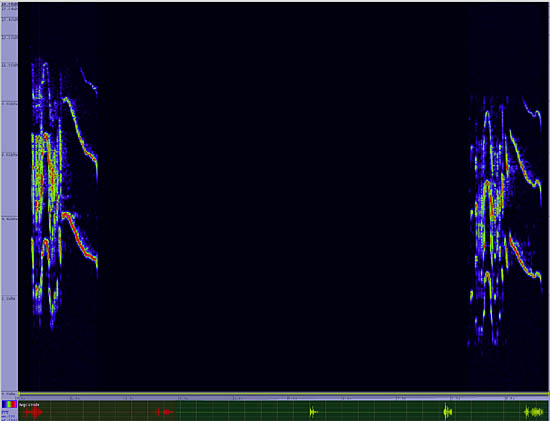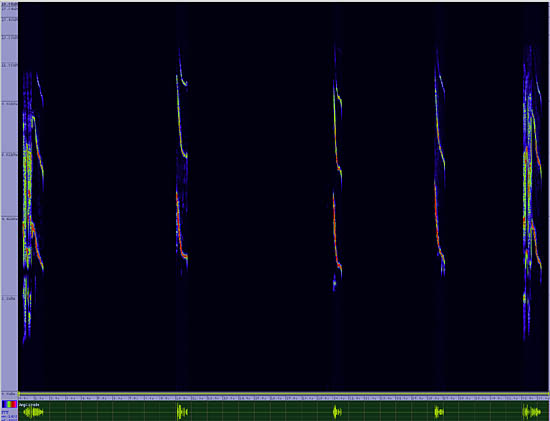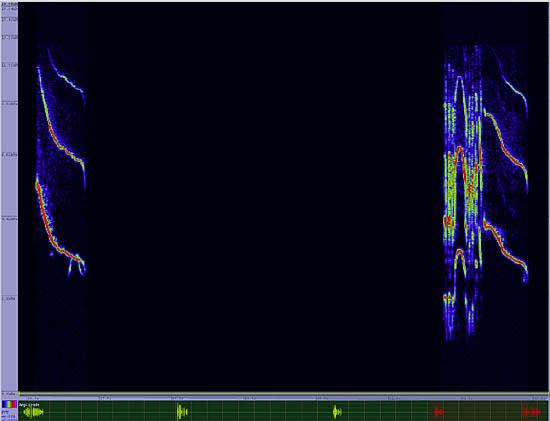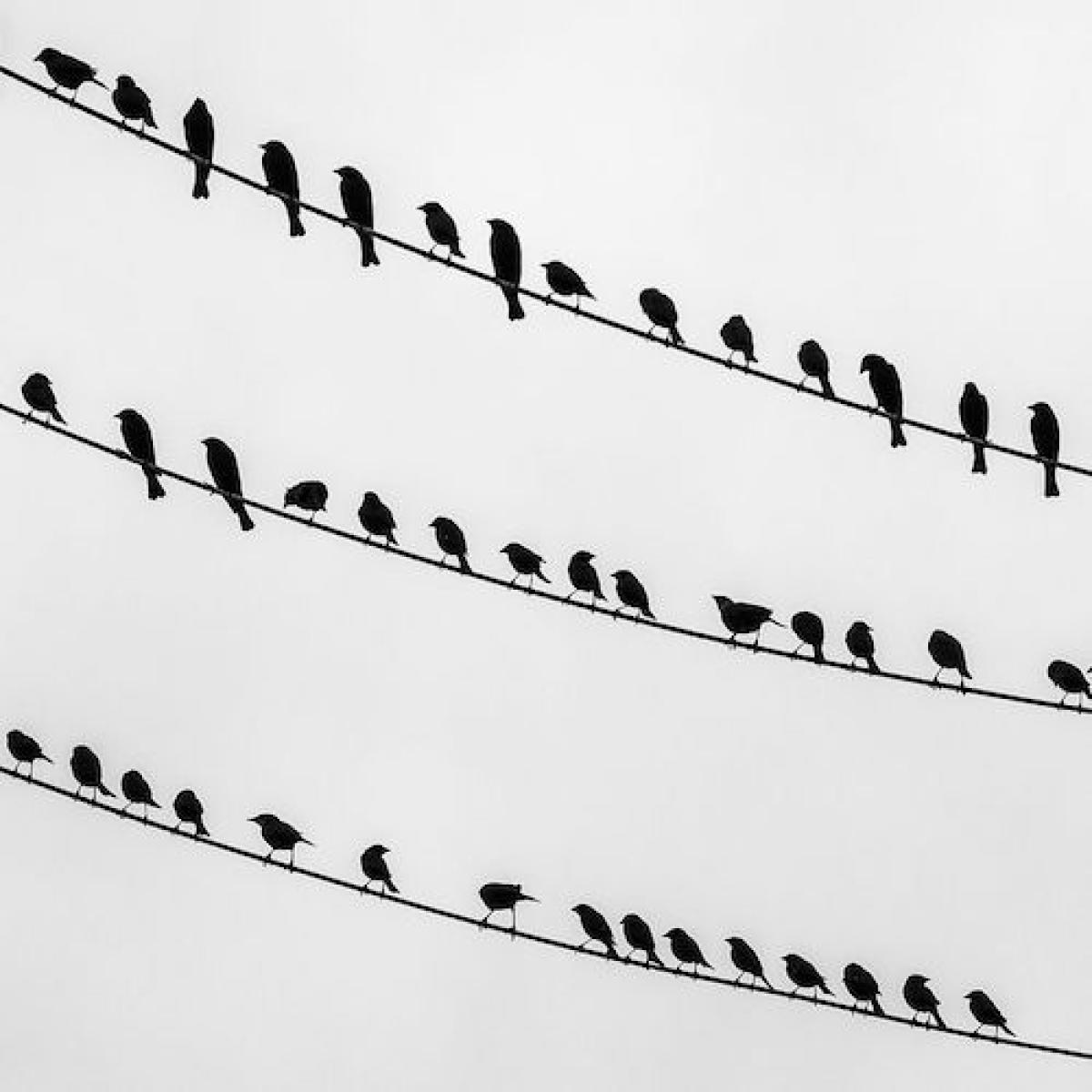Rose-throated Becard
Pachyramphus aglaiae

Perching
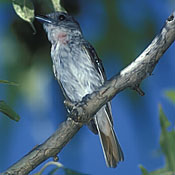
Length: 7 in. (18 cm )
A tropical species, the Rose-throated Becard occurs in desert riparian forests, open woodlands and mangroves. They feed on insects hawked from the air or gleaned from leaves, and during the fall and winter they rely on fruits. The large, hanging nest is made of plant fibers woven with bark shreds, spider webbing and leaves and suspended high in a tree top from the tip of a branch.
The four-digit banding code is RTBE.
Bibliographic details:
- Article: Rose-throated Becard
- Author(s): Dr. Biology
- Publisher: Arizona State University School of Life Sciences Ask A Biologist
- Site name: ASU - Ask A Biologist
- Date published:
- Date accessed:
- Link: https://askabiologist.asu.edu/activities/bird/rose-throated-becard
APA Style
Dr. Biology. (). Rose-throated Becard. ASU - Ask A Biologist. Retrieved from https://askabiologist.asu.edu/activities/bird/rose-throated-becard
Chicago Manual of Style
Dr. Biology. "Rose-throated Becard". ASU - Ask A Biologist. . https://askabiologist.asu.edu/activities/bird/rose-throated-becard
Dr. Biology. "Rose-throated Becard". ASU - Ask A Biologist. . ASU - Ask A Biologist, Web. https://askabiologist.asu.edu/activities/bird/rose-throated-becard
MLA 2017 Style
Be Part of
Ask A Biologist
By volunteering, or simply sending us feedback on the site. Scientists, teachers, writers, illustrators, and translators are all important to the program. If you are interested in helping with the website we have a Volunteers page to get the process started.

